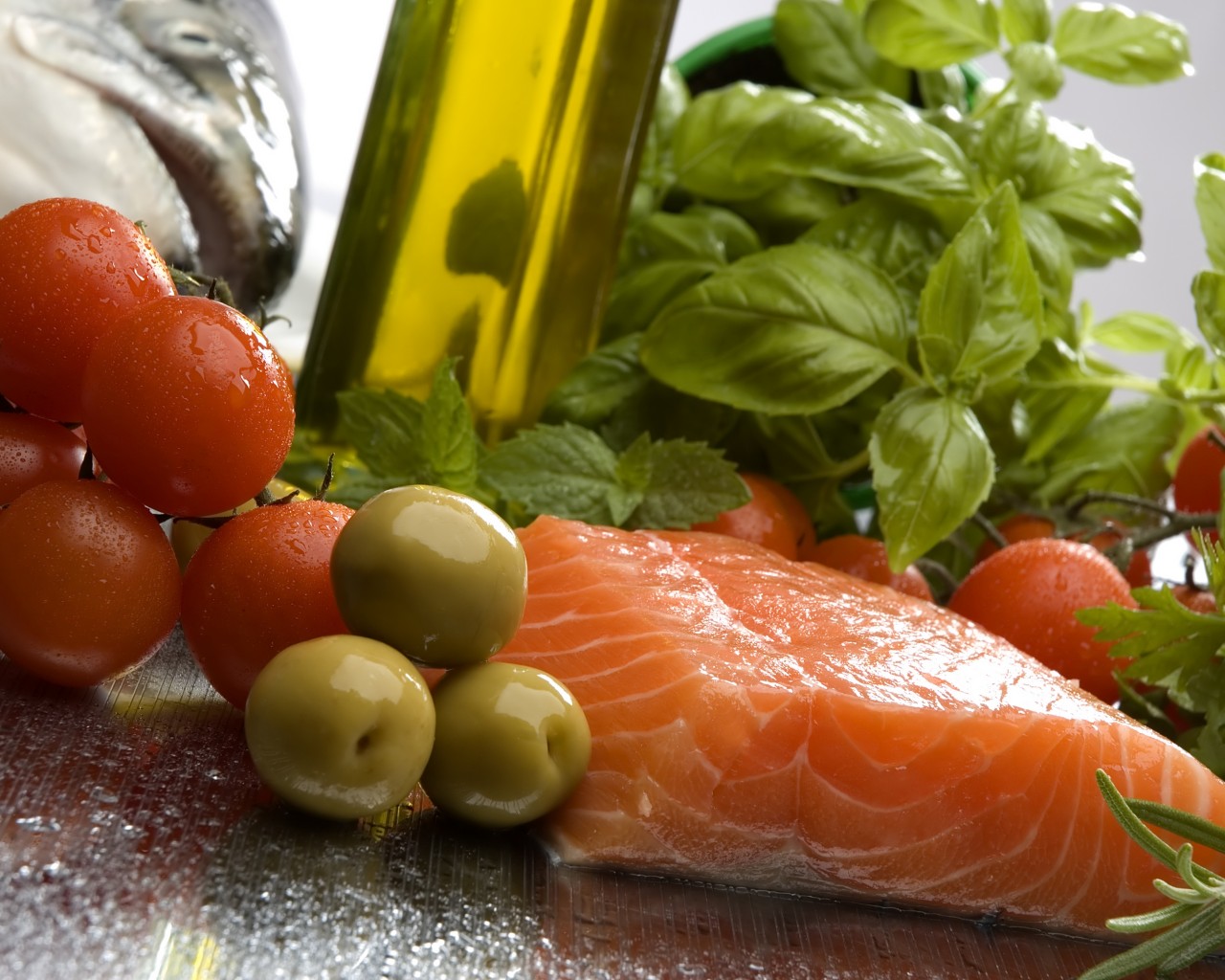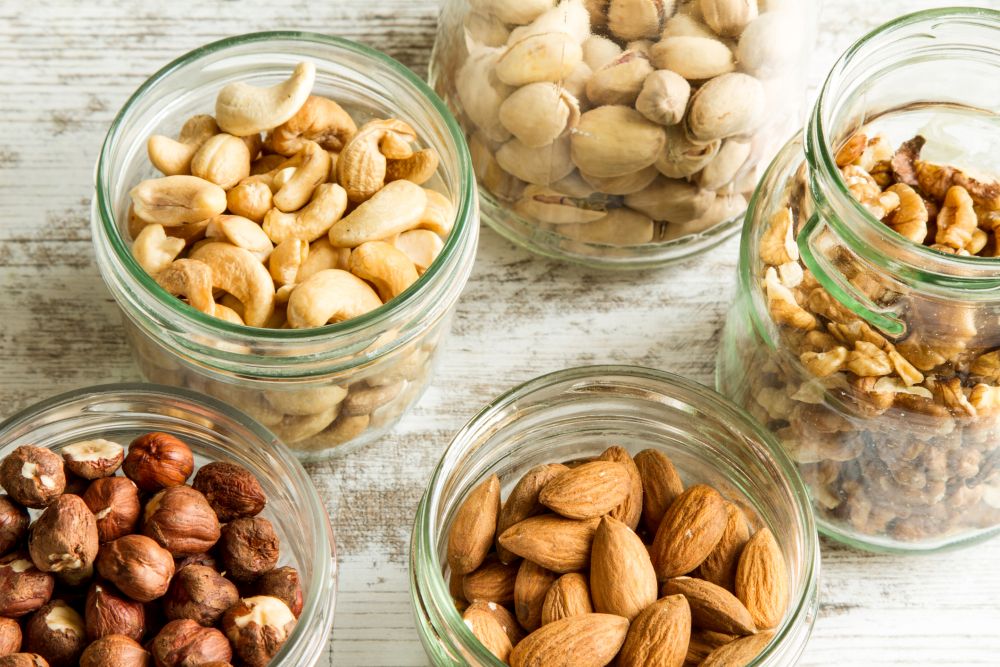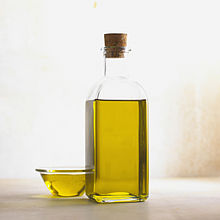Fat: an important fuel source for runners
Healthy fats can help runners stay healthy, recover faster and perform better

When it comes to nutrition for endurance sports, we tend to focus heavily on carbohydrates for energy and protein for muscle recovery, with fat sometimes left as an afterthought. This is a missed opportunity because fat plays several vital functions in your body that improve your health and these functions have a direct impact on your performance as a runner.

RELATED: Women and endurance running part two: nutrition for female athletes
Energy
At nine calories per gram, fat is an amazing source of energy for runners who expend a lot of calories in their training. It is the slowest source of energy (i.e. it takes your body longer to break it down), which makes it useful during low-intensity activities (like walking, or on your easy runs). As your fitness improves, your body becomes more efficient at using fat for fuel, which will spare some of your carbohydrate stores to help you run further and faster.
Inflammation and immune health
Healthy fats (particularly omega-3s) help reduce systemic inflammation in your body. Inflammation is believed to play a central role in many chronic diseases, and studies show that athletes who consume a higher amount of healthy fats have stronger immune systems and recover better from training.

Vitamin absorption and hormone regulation
Fat helps your body absorb important nutrients like vitamins A, D, E and K. It also helps regulate hormones like leptin, which helps regulate your appetite; adiponectin, which improves your sensitivity to insulin and helps control your blood sugar levels; estrogen, which is stored and produced by fat cells and angiotensin, which helps regulate your blood pressure.
Cardiovascular and musculoskeletal health
Fat found in nuts, seeds, olive oil and fatty fish promote cardiovascular health by improving your cholesterol levels and reducing blood clotting. Studies show the same fats help your brain function more efficiently. Fat, especially omega-3s, also insulate and protect your joints, organs and muscles, which makes them an important nutrient for recovery from your runs and workouts.

RELATED: Everything runners need to know about iron
What are the best sources of fat?
Unsaturated fats, such as those found in nuts, seeds, avocados, eggs and fish are the most health-promoting, and so should make up the bulk of your fat consumption. Saturated fats, such as those found in meat, dairy and coconut oil, should be consumed in moderation, and foods containing trans fats, like fried foods and some baked goods, should be kept as occasional treats, since they promote inflammation and slow down your recovery.


